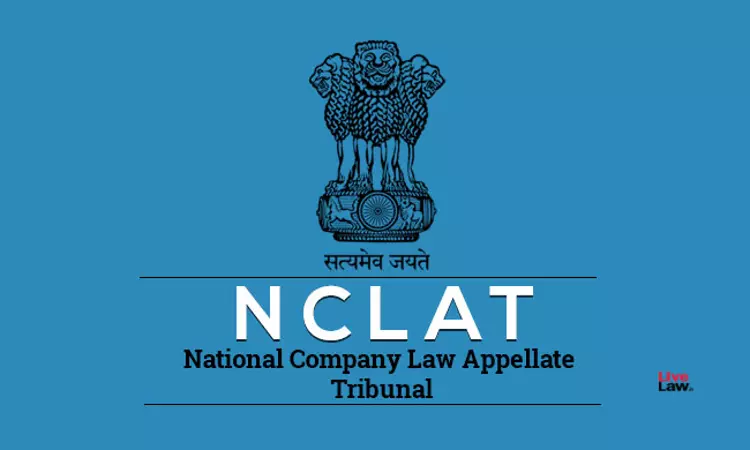Shifting Entire Blame On IRP Not Justified; Creditors Must Also Play Catalytic Role In CIRP: NCLAT Delhi
Pallavi Mishra
28 Feb 2023 10:00 AM IST

Next Story
28 Feb 2023 10:00 AM IST
The National Company Law Appellate Tribunal (“NCLAT”), Principal Bench comprising of Justice Ashok Bhushan (Judicial Member) and Shri Barun Mitra (Technical Member), while adjudicating an appeal filed in Shri Guru Containers v Jitendra Palande, has held that creditors must not shift the entire blame on the IRP on grounds of non-performance of duty and make him the scapegoat. It...
